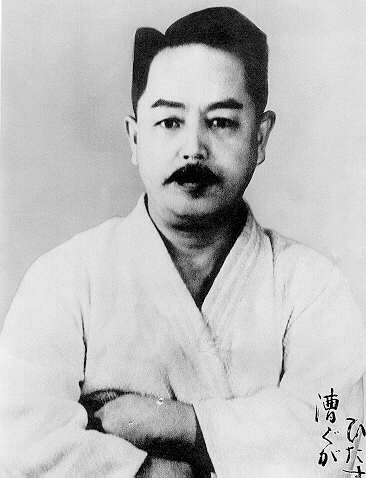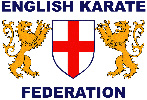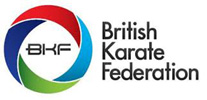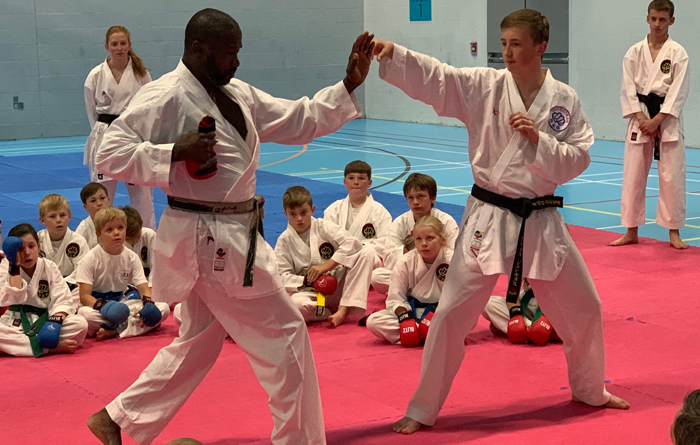
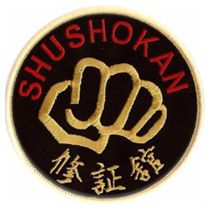
Home >> Shito-Ryu Karate
Kenwa Mabuni Sensei
Shito-Ryu Karate was founded by Kenwa Mabuni Sensei (1889-1952). He began his training in Shorin Ryu at 13 years of age when he studied with Anko Itosu Sensei, a noted Karate Master, in the Shuri area of Okinawa. Itosu Sensei introduced many innovations and had an important effect on Karate in the 20th Century. He was instrumental in getting Karate into the Okinawan public school system he also created the Pinan Katas, which are still practised today as introductory or intermediate forms in many schools.
Two Major Forms Of Karate
In about 1909, through an introduction by Chojun Miyagi Sensei (founder of Goju-Ryu) Mabuni Sensei started to train with Kanryo Higaonna, in Shorei Ryu. Higaonna Sensei was a Karate Master and expert from the Naha region of Okinawa. So by his mid 20s Mabuni Sensei had studied extensively with the Masters from the two major forms of Karate in Okinawa.
In 1915 both Itosu Sensei and Higaonna Sensei passed away within a short time of each other; and Mabuni Sensei continued his training with his friend Miyagi Sensei joining with other students of Karate to start a group aimed at practicing and spreading Karate.
In 1929, Mabuni Sensei moved to Osaka. Here he established a small dojo and began teaching his unique style, which was a mix of Shorin Ryu (Itosu) and Shorei Ryu (Higaonna), with some Kata from the Fujian White Crane (a form of wushu). The latter were taught to him by a Chinese tea merchant called Go Kenki, who would visit Okinawa on business, and yet again shows the strong connection between Karate and certain forms of Chinese wushu.
Mabuni Sensei named his style ‘SHI TO’ which was formed by taking the first two characters (kanji) from the names of his two principal teachers, Itosu and Higaonna. Thus, the name Shito Ryu acknowledges the two main teachers in Mabuni Sensei’s life; Shito Ryu united the two historical karate groups or styles from Okinawa into a single style.
For the next 20 years Mabuni Sensei taught Karate throughout Japan, and his influence on the development of Japanese Karate was tremendous. Many groups can trace an element of their lineage back to him. Kenwa Mabuni died on 23rd May 1952.
